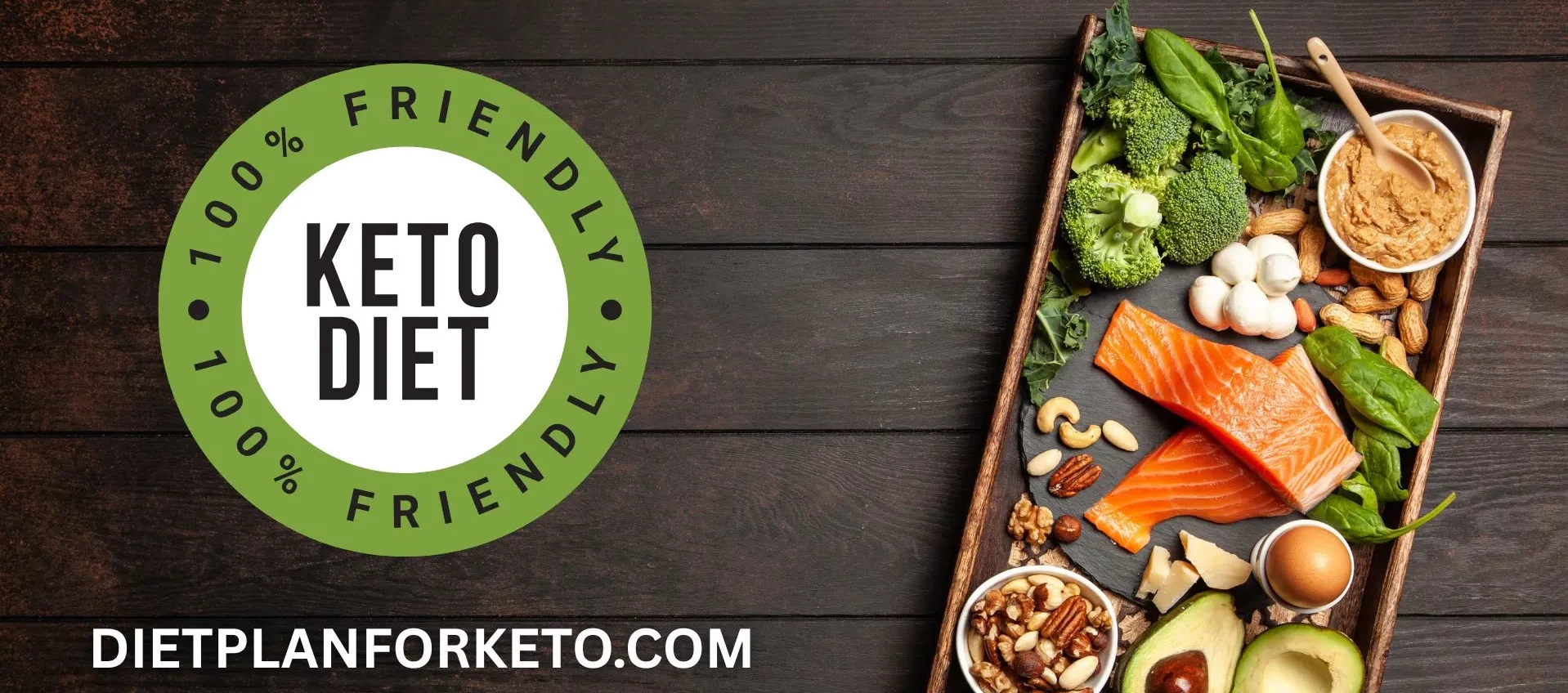If you’re following a keto diet, consuming the right fats is essential to staying in ketosis and maintaining optimal health. Not all fats are created equal, so it’s important to focus on high-quality sources that support energy, brain function, and overall well-being.
This guide will explore the best sources of healthy fats for keto, offering practical tips, real-world examples, and actionable strategies to help you make informed dietary choices.
Table of Contents
- Understanding Healthy Fats on Keto
- Why Healthy Fats Are Essential for Ketosis
- Top 10 Sources of Healthy Fats for Keto
- Avocados
- Coconut Oil
- Extra Virgin Olive Oil
- Grass-Fed Butter & Ghee
- Fatty Fish (Salmon, Sardines, Mackerel)
- Nuts and Seeds
- Full-Fat Dairy
- MCT Oil
- Dark Chocolate & Cocoa Butter
- Animal Fats (Tallow, Lard)
- How to Incorporate Healthy Fats into Your Keto Diet
- Common Mistakes to Avoid When Eating Fats on Keto
- Pros and Cons of High-Fat Keto Diets
- Conclusion
- Disclaimer
1. Understanding Healthy Fats on Keto
The keto diet is a high-fat, moderate-protein, low-carb approach designed to shift your body into a fat-burning state called ketosis. But not all fats are beneficial. Healthy fats provide essential nutrients, support hormone production, and fuel your body efficiently. This guide focuses on the best fats to consume while avoiding unhealthy trans fats and processed oils.
2. Why Healthy Fats Are Essential for Ketosis
Healthy fats are the backbone of the keto diet. They:
- Help your body transition from burning carbs to burning fat.
- Keep you full and satisfied, reducing cravings.
- Support brain function and mental clarity.
- Provide essential fatty acids for heart health and inflammation reduction.
3. Top 10 Sources of Healthy Fats for Keto
1. Avocados
Avocados are one of the best sources of monounsaturated fats, fiber, and essential vitamins.
- How to Use: Add to salads, smoothies, or eat with a spoon.
- Benefits: Supports heart health, reduces inflammation, and keeps you full.
2. Coconut Oil
Rich in medium-chain triglycerides (MCTs), coconut oil is quickly converted into energy.
- How to Use: Cook with it, add to coffee, or use in keto desserts.
- Benefits: Boosts ketone production and improves digestion.
3. Extra Virgin Olive Oil
A staple of the Mediterranean diet, olive oil is packed with antioxidants and monounsaturated fats.
- How to Use: Drizzle over salads, vegetables, or mix into dressings.
- Benefits: Reduces inflammation and supports heart health.
4. Grass-Fed Butter & Ghee
These dairy fats contain high levels of omega-3s, CLA, and fat-soluble vitamins.
- How to Use: Cook with them or add to keto coffee.
- Benefits: Supports digestion and provides essential nutrients.
5. Fatty Fish (Salmon, Sardines, Mackerel)
Loaded with omega-3 fatty acids, fatty fish support brain and heart health.
- How to Use: Grill, bake, or pan-fry.
- Benefits: Reduces inflammation and promotes brain function.
6. Nuts and Seeds
Nuts and seeds like almonds, walnuts, chia seeds, and flaxseeds are excellent sources of healthy fats and fiber.
- How to Use: Eat as a snack, add to yogurt, or blend into smoothies.
- Benefits: Provides antioxidants and supports digestion.
7. Full-Fat Dairy
Cheese, heavy cream, and Greek yogurt offer a balance of healthy fats and proteins.
- How to Use: Add to meals, coffee, or keto desserts.
- Benefits: Strengthens bones and provides probiotic benefits.
8. MCT Oil
MCT oil is derived from coconut oil and rapidly converted into ketones.
- How to Use: Add to coffee, smoothies, or salad dressings.
- Benefits: Enhances energy and boosts fat-burning.
9. Dark Chocolate & Cocoa Butter
High-quality dark chocolate (85%+ cacao) provides healthy fats and antioxidants.
- How to Use: Eat a small portion as a treat or use cocoa butter in recipes.
- Benefits: Supports heart health and reduces sugar cravings.
10. Animal Fats (Tallow, Lard)
Grass-fed animal fats are excellent sources of saturated fats and fat-soluble vitamins.
- How to Use: Use for frying or roasting meats and vegetables.
- Benefits: Provides long-lasting energy and essential nutrients.
4. How to Incorporate Healthy Fats into Your Keto Diet
- Cooking: Use coconut oil, butter, or tallow for frying.
- Salads & Dressings: Drizzle olive or MCT oil on salads.
- Snacking: Eat nuts, cheese, or avocado slices.
- Baking: Use almond flour, coconut oil, and full-fat dairy in recipes.
5. Common Mistakes to Avoid When Eating Fats on Keto
- Eating Too Much Processed Fats: Avoid hydrogenated oils and margarine.
- Not Balancing Omega-3 and Omega-6: Prioritize fatty fish and limit processed seed oils.
- Ignoring Portion Control: Overeating fats can lead to excess calorie consumption.
6. Pros and Cons of High-Fat Keto Diets
Pros:
- Promotes weight loss
- Reduces cravings
- Supports brain function
- Enhances energy levels
Cons:
- Initial adjustment period (Keto flu)
- Can be high in saturated fats if not balanced
- Requires careful meal planning
7. Conclusion
Choosing the right sources of healthy fats is crucial for a successful keto diet. By incorporating nutrient-dense options like avocados, fatty fish, and coconut oil, you can optimize your health, sustain energy, and maintain ketosis. Be mindful of fat quality and balance your intake for the best results.
8. Disclaimer
This guide is for general informational purposes only and does not constitute medical advice. Consult a healthcare professional before making dietary changes. If you feel unwell, seek medical attention. Using this information is at your own responsibility.
